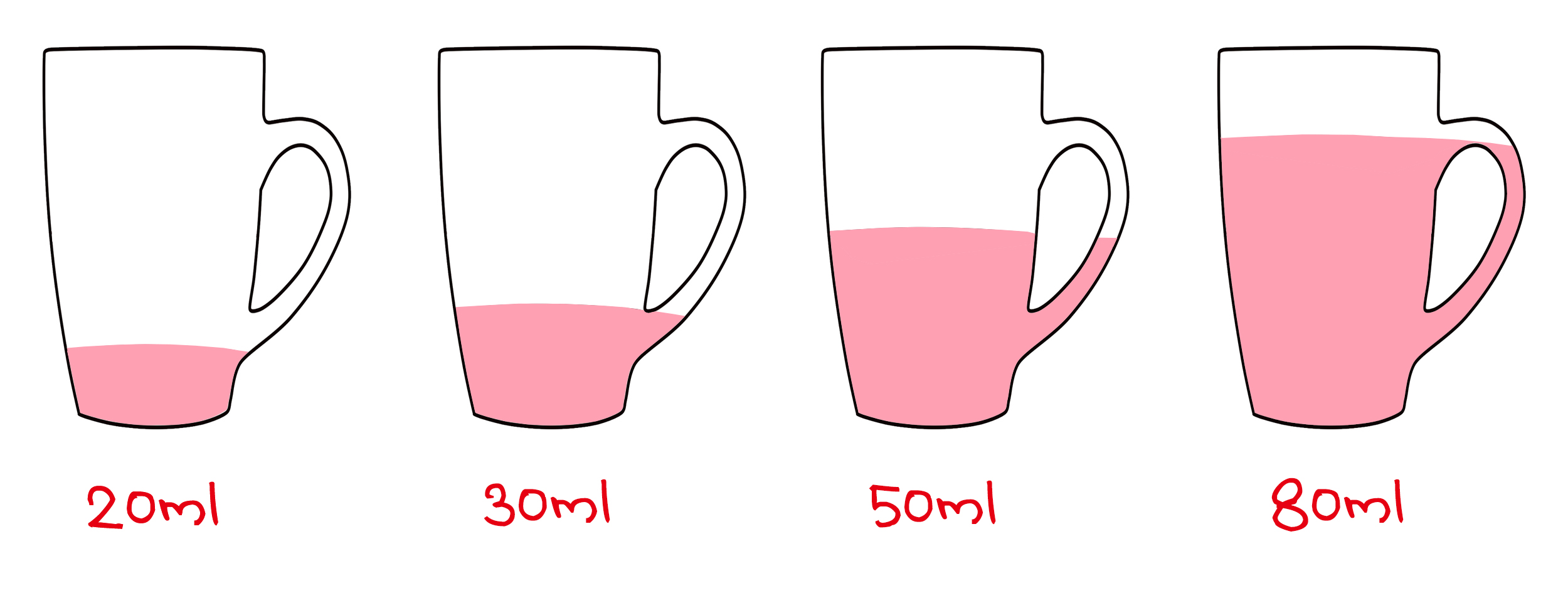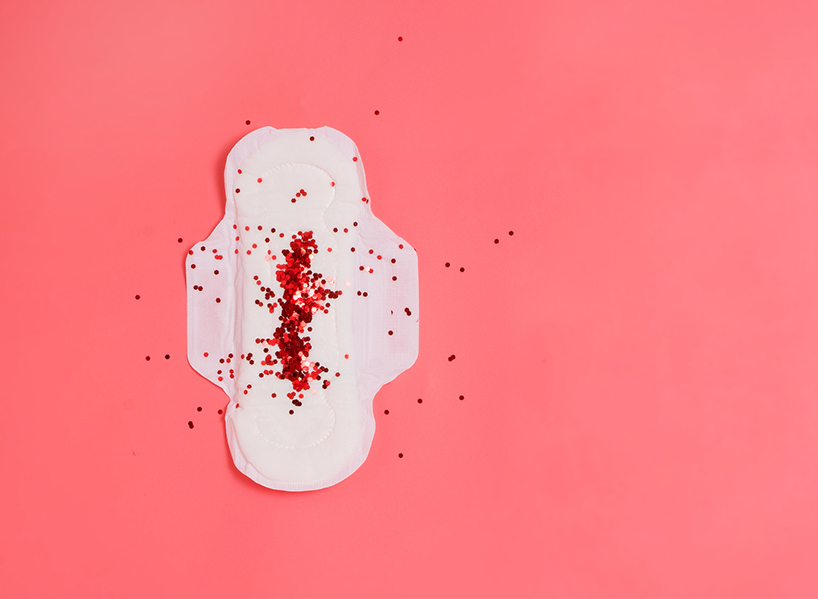The menstrual cycle is a part of every woman's life, like a monthly report from nature that we mustn't miss. However, sometimes the "report" from menstruation can leave us feeling uneasy. If your menstrual flow suddenly becomes unusually heavy, or if you notice spotting at times when you shouldn't, don't panic— this is not the end of the world, but it could be hiding some "signals" that need our attention. And sometimes, these signals may be nothing more than a "small anomaly, like a small marker on a map that reminds you to pay attention to a subtle detour.

If you've been experiencing unusual bleeding or feel like your menstrual flow is too heavy, it's important to visit a gynaecologist to get to the root of the problem. The doctor's office is like a navigation station that helps you find the right direction. And the "abnormal" cause might not always be something complex, but rather a small polyp causing the trouble. Polyps are like little mushrooms that unexpectedly sprout up in your garden. They are usually benign, meaning they won't spread like wildfire or become more severe. But even so, these little polyps can quietly grow in your body and may cause some unpleasant symptoms, like bleeding. They're like unexpected guests who suddenly show up when you weren't prepared. These polyps typically form on the inner walls of the uterus or cervix, like mushrooms quietly growing in a warm flowerpot. They may not draw attention and may not cause any trouble for a long time. However, if they cause abnormal bleeding, it's like a sudden beavy rain disrupting the peace in your garden.
These polyps don't cause serious pain, but they can lead to blood-stained discharge or an increase in menstrual flow. While they are usually benign, their "appearance" might carry some risks, especially if the polyps are larger. It's like a small stone: though it may seem insignificant if it grows, it could affect the surrounding environment and cause some trouble. So, if these polyps are causing frequent abnormal bleeding. It's best to have them removed, like pulling unnecessary weeds out of your garden. Though polyps may cause some hassle, they are not insurmountable problems. It's like discovering some plants growing out of season in your garden you can easily clear them away.

For cervical polyps, doctors usually detect them through a speculum examination. The Tas process is like using a magnifying glass to carefully examine every leaf in your garden. The doctor will gently open the labia with the speculum to observe the vaginal mucosa and the condition of the uterus. If the doctor finds any polyps, they will typically remove them with tweezers without causing pain, like plucking flowers- quick and easy.
Not all polyps can be easily found during a speculum examination. For instance, endometrial polyps are deeper and harder to spot, like a small object hidden in a big box and can only be detected through an ultrasound. For these polyps, the doctor may need to remove them using a hysteroscope. It's like opening a box and taking out the treasures inside. While this may seem complicated, it is a relatively simple procedure, usually done in an outpatient clinic. In general, if you often experience heavy menstrual flow or unexpected bleeding. There's no need to panic because this is often just a "warning signal" from your body.

Sometimes, the problem could simply be those small polyps causing trouble, like little weeds growing secretly in your garden. Though they may not seem big, once you detect them, they can be quickly removed to prevent bigger issues. So, visiting a gynaecologist regularly is like tending to your garden it helps you maintain your best condition and ensures you go through each menstrual cycle with peace of mind.





